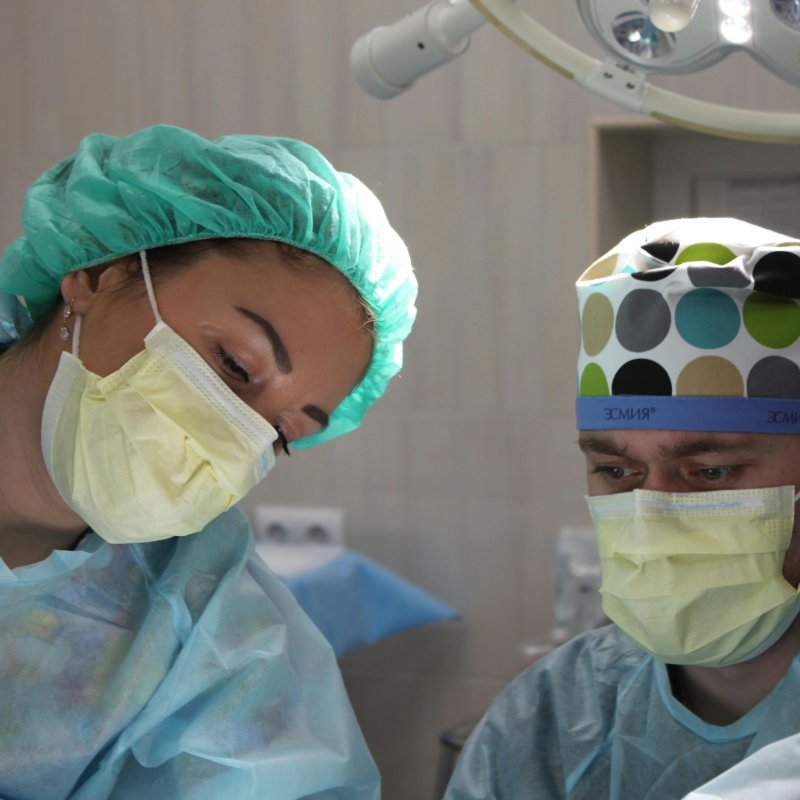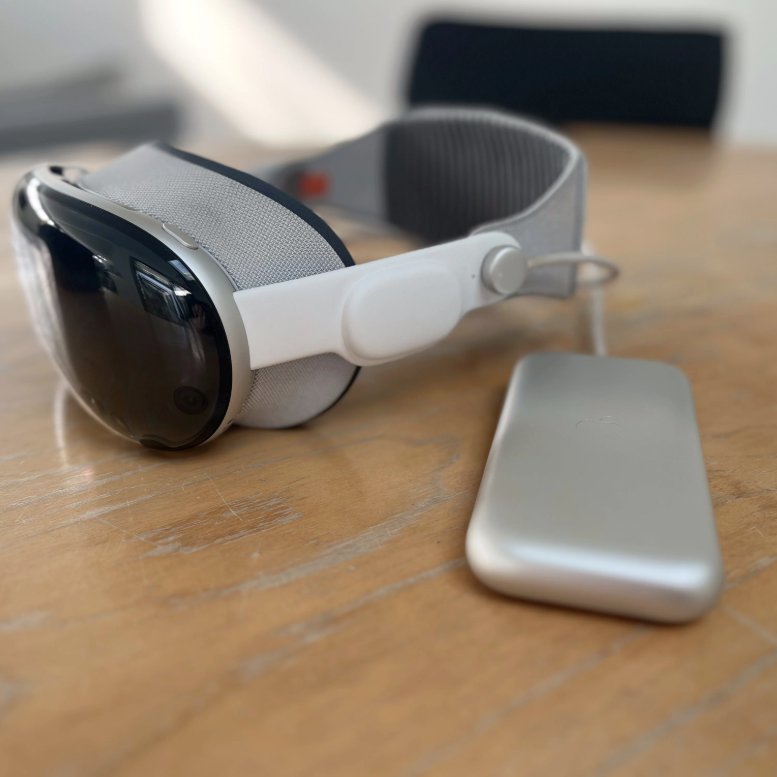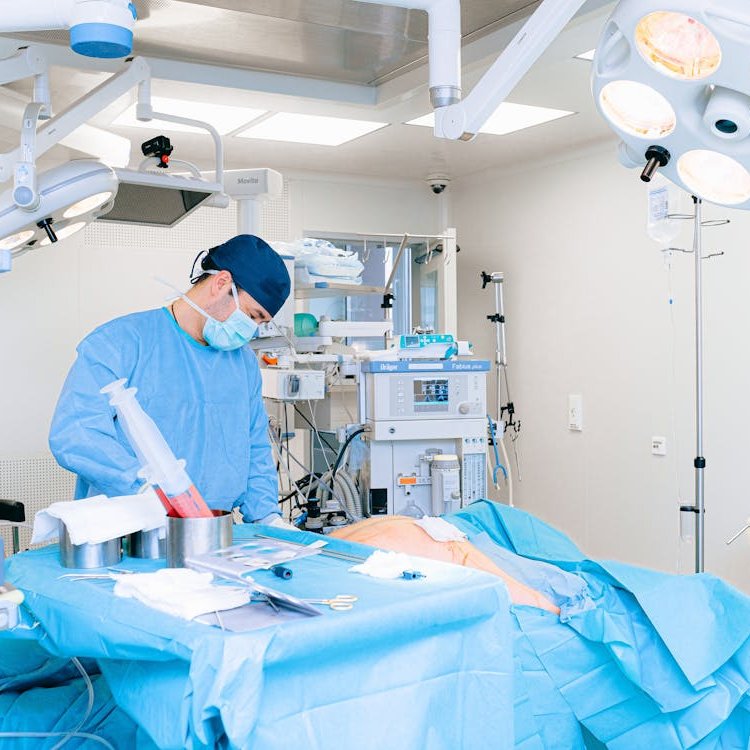VR in Surgery Training: Terminology Barriers to Adoption
Published
Mar 07, 2025
Tags
The rising interest in VR in surgery training brings with it a literature base that’s rapidly expanding and causing confusion – we're exploring why.
Interest in the application of virtual reality (VR) in surgery is surging, with clinicians and educators alike incorporating more VR technologies in their training programmes. Yet the rising interest in surgery VR brings with it a literature base that’s rapidly expanding – and causing confusion.
From widely used terminology (like ‘technology’) to phrases more niche to VR (‘virtual environment’, ‘interactive simulation’), the words the surgical sector has adopted to describe these immersive training experiences are causing ambiguity. We need to refine the terms we use when referring to medical VR to reduce confusion – and promote the adoption of these transformative technologies.
What is VR in Surgery?
As medical VR training's popularity grows, the evidence-base for educating the surgical workforce in both the NHS and private sector is steadily strengthening. That's along with other areas of healthcare, such as:
- Emergency medicine
- Nontechnical skills
- Community-based practice
We're seeing more and more long-standing surgical training courses being replaced with digitised VR experiences, such as the National Tracheostomy Safety Projects emergency tracheostomy management training. Promisingly, the virtual courses can achieve both the equivalent educational outcomes of traditional surgical simulation, whilst potentially dramatically reducing financial and environmental burden.
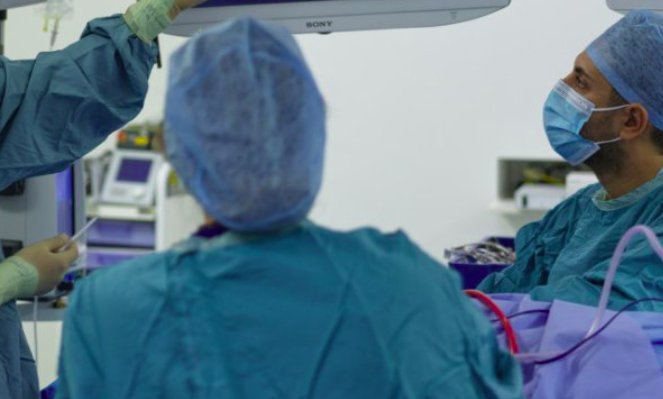 Applying VR to surgical training of an endoscopic tympanoplasty carried out at Alder Hey Children’s NHS Foundation Trust
Applying VR to surgical training of an endoscopic tympanoplasty carried out at Alder Hey Children’s NHS Foundation Trust
The Issues with Medical VR Terminology
In October 2024, Jonny Abbas, our Co-Founder and Medical Director, lead a linguistic review of VR in healthcare literature, a foundational work package of his PhD.
“We’re working in a healthcare system with a myriad of contrasting descriptions for virtual reality. Currently, there’s no consensus around the most accurate term(s) that describe its application, which could slow down the adoption of VR in surgery training.”
Jonny Abbas, Co-Founder and Medical Director of ExR Education
Without agreed terminology to refer to virtual reality, the medical sector’s ambition to propel the use of these immersive training experiences is hindered. From failure to communicate VR training’s value proposition in medicine, to slower academic progress because of a misaligned literature base, both surgical professionals and educators are missing out on tools that can boost technical knowledge and skills development.
The History of Medical VR Terminology
Language around VR and other immersive technologies is inconsistent and confusing, negatively impacting innovation within healthcare education. Looking at Google Trends search data for the UK, we can see how the term ‘Medical VR’ wasn’t of interest until as recently as mid-2016:

Source: Google Trends
Considering the first VR commercial flight simulator was patented in 1931, that’s a long wait for the application of immersive experiences within medicine to be realised. Looking at worldwide search data, and the results are more favourable. Interest peaked in the late 2000s before dropping in the early 2010s, yet rose steadily after 2016 – in line with the UK.
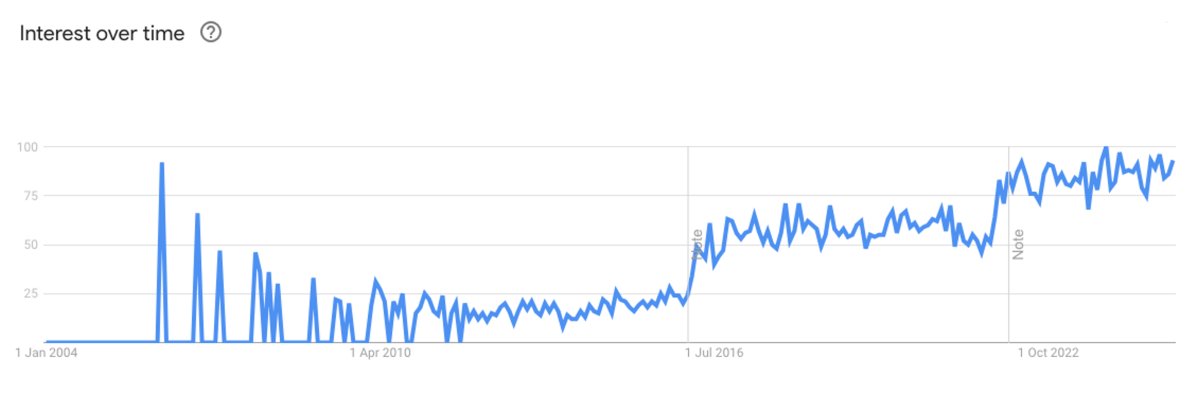
Source: Google Trends
Why is Surgery VR Terminology Confusing?
Indeed, results from Jonny’s review showed 15 terms were deemed ‘important’ and ‘highly relevant’ by when describing VR technology in healthcare. That’s quite the number of words and phrases floating around for this still relatively novel application of VR, exemplifying the opportunities for ambiguity, confusion, and incorrect use. There's a host of reasons for the complex nature of the term’s definitions, from the history of technology development to growing research interest without agreement around definitions.
Clinicians, educators, medical students, and VR industry representatives from the UK and US took part in the study. Of the 15 terms, ‘virtual environment’, ‘interactive’, and ‘simulation’ had the highest levels of understanding agreement within the medical sector.
Terms to Describe Virtual Reality in Surgery Training
These results were collected after the study’s participants were presented with a list of 50* key terms that may be used to describe VR. Interestingly, nearly all (95%) agreed that a VR experience ‘should be defined by its interplay between hardware and software’, suggesting a high base knowledge of the differences between two types of computer components at the core of VR technology.
*42 key terms were presented to participants in the study’s first round, and an additional eight for those in the second. Click here for the full methodology.
The 15 terms with the highest agreement for describing VR are shown in the table below:
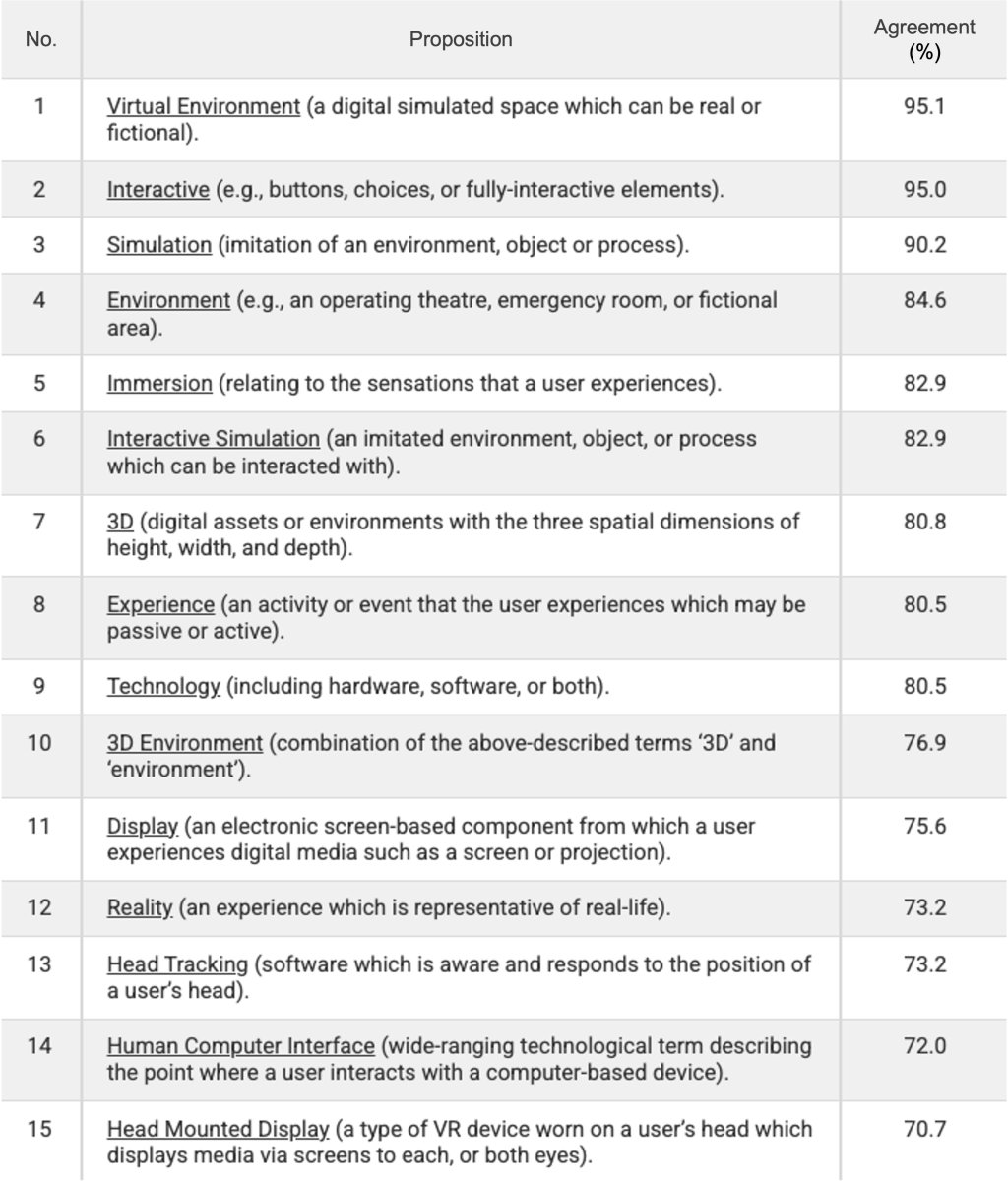
Source: Describing, Evaluating, and Exploring Barriers to Adoption of Virtual Reality: An International Modified Delphi Consensus Study Involving Clinicians, Educators, and Industry Professionals – table 3
How to Facilitate a Better Understanding of Medical VR Terms
Looking ahead, we must develop consistent guidelines that accurately represent the application of medical VR training tools to support their implementation across medical provisions, academia, and education. Jonny endeavours to collaborate with representatives from the groups in the study alongside relevant educational and regulatory organisations, like Universities, NHS Trusts, NHS England and The Association of Surgeons in Training, to develop best VR terminology practice.
“As the healthcare workforce, academics, and educators grow their uptake of VR training, we can't ignore the need for better, more robust terminology guidelines. These technologies are spearheading more accessible and cost-effective training, whilst delivering the same – if not higher – standard of results. To build on the existing momentum the sector has around researching and implementing surgical VR training, it's paramount we come to a consensus on the language and definitions we use.”
Jonny Abbas, Co-Founder and Medical Director of ExR Education
Start Your Application of VR in Surgery Training
To explore the application of VR in surgery or general medical training further, please get in touch with Jonny.
Most recent posts
Like what you read?
Please get in touch with us.

